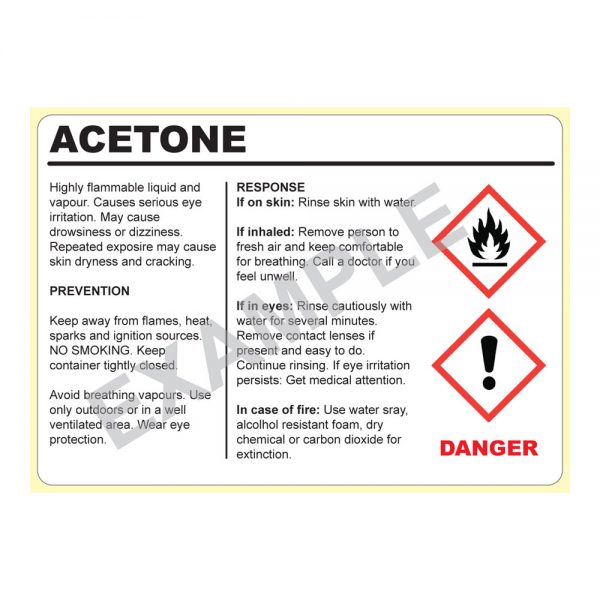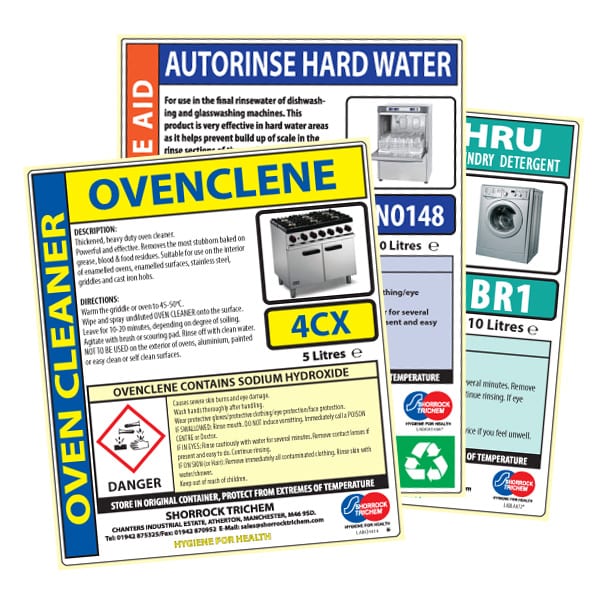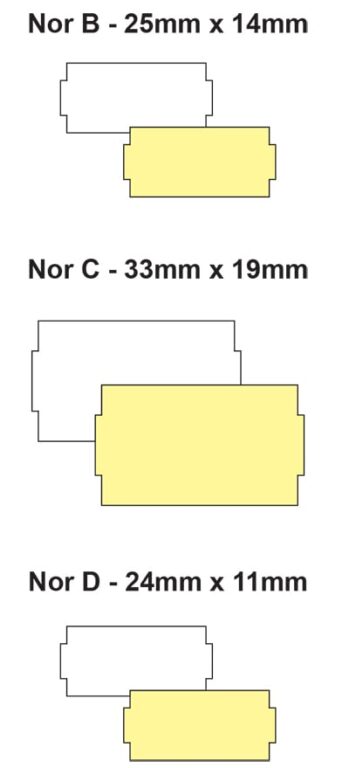ISO 9001 Accreditation is important for customers to know they are dealing with a professionally run business. Positive ID are committed to meeting our customers’ needs in terms of service, performance and satisfaction. We have worked hard to ensure our business is managed in accordance with internationally recognised Quality Assurance in mind.
LM Blasting Ltd trading as “Positive ID Labelling Systems” is registered with Systems Audits Certification Bureau as an ISO 9001:2015 Quality Assured business (Registration number: GB 60017)
Click here to open ISO Certificate: Positive ID Labelling ISO 9001 Certificate
Background:
The global adoption of ISO 9001 may be attributable to a number of factors. A number of major purchasers require their suppliers to hold ISO 9001 certification. In addition to several stakeholders’ benefits, a number of studies have identified significant financial benefits for organizations certified to ISO 9001, with a 2011 survey from the British Assessment Bureau showing 44% of their certified clients had won new business. Corbett et al. showed that certified organizations achieved superior return on assets compared to otherwise similar organizations without certification. Heras et al. found similarly superior performance 15] and demonstrated that this was statistically significant and not a function of organization size. Naveha and Marcus claimed that implementing ISO 9001 led to a superior operational performance in the U.S. automotive industry. Sharma identified similar improvements in operating performance and linked this to superior financial performance. Chow-Chua et al. showed better overall financial performance was achieved for companies in Denmark. Rajan and Tamimi (2003) showed that ISO 9001 certification resulted in superior stock market performance and suggested that shareholders were richly rewarded for the investment in an ISO 9001 system.
While the connection between superior financial performance and ISO 9001 may be seen from the examples cited, there remains no proof of direct causation, through longitudinal studies, such as those of Corbett et al. (2005) may suggest it. Other writers, such as Heras et al. (2002), have suggested that while there is some evidence of this, the improvement is partly driven by the fact that there is a tendency for better-performing companies to seek ISO 9001 certification.
The mechanism for improving results has also been the subject of much research. Lo et al. (2007) identified operational improvements (e.g., cycle time reduction, inventory reductions) as following from certification. citation needed] Internal process improvements in organizations lead to externally observable improvements. The benefit of increased international trade and domestic market share, in addition to the internal benefits such as customer satisfaction, interdepartmental communications, work processes, and customer/supplier partnerships derived, far exceeds any and all initial investment.











































































































 Advanced encryption keeps your data safe and secure
Advanced encryption keeps your data safe and secure